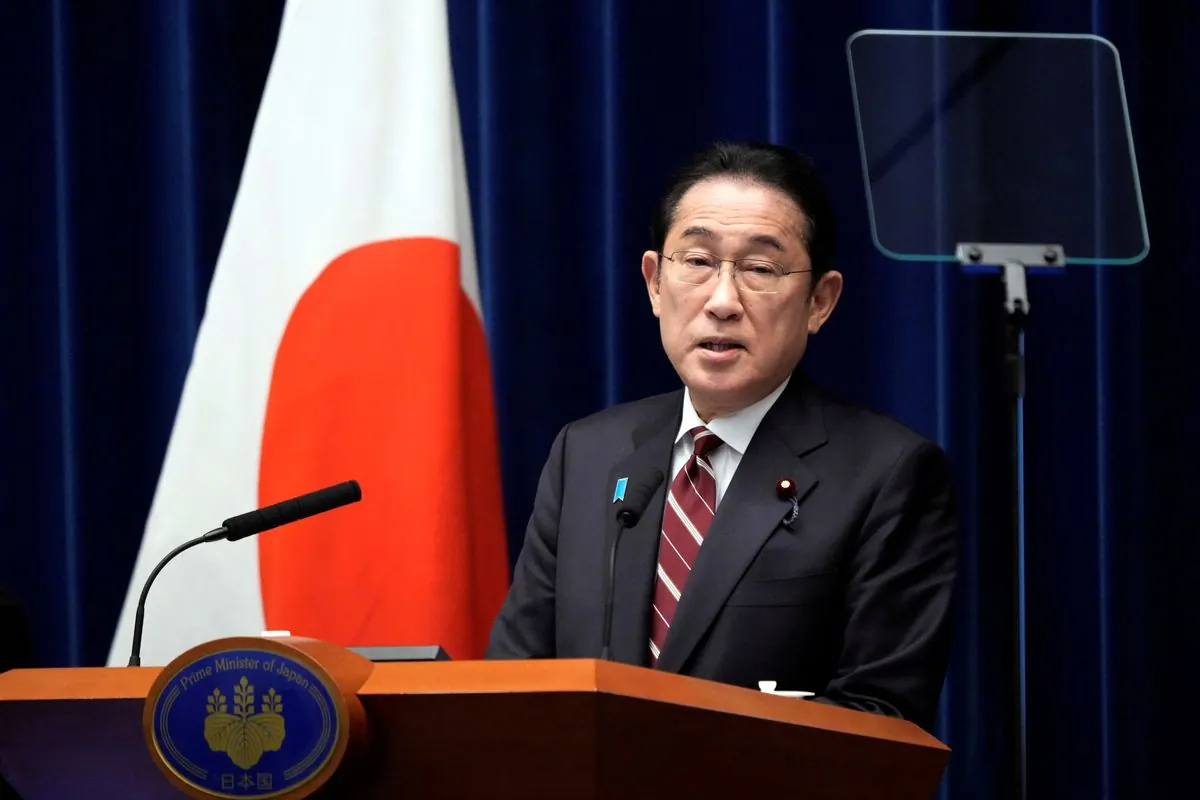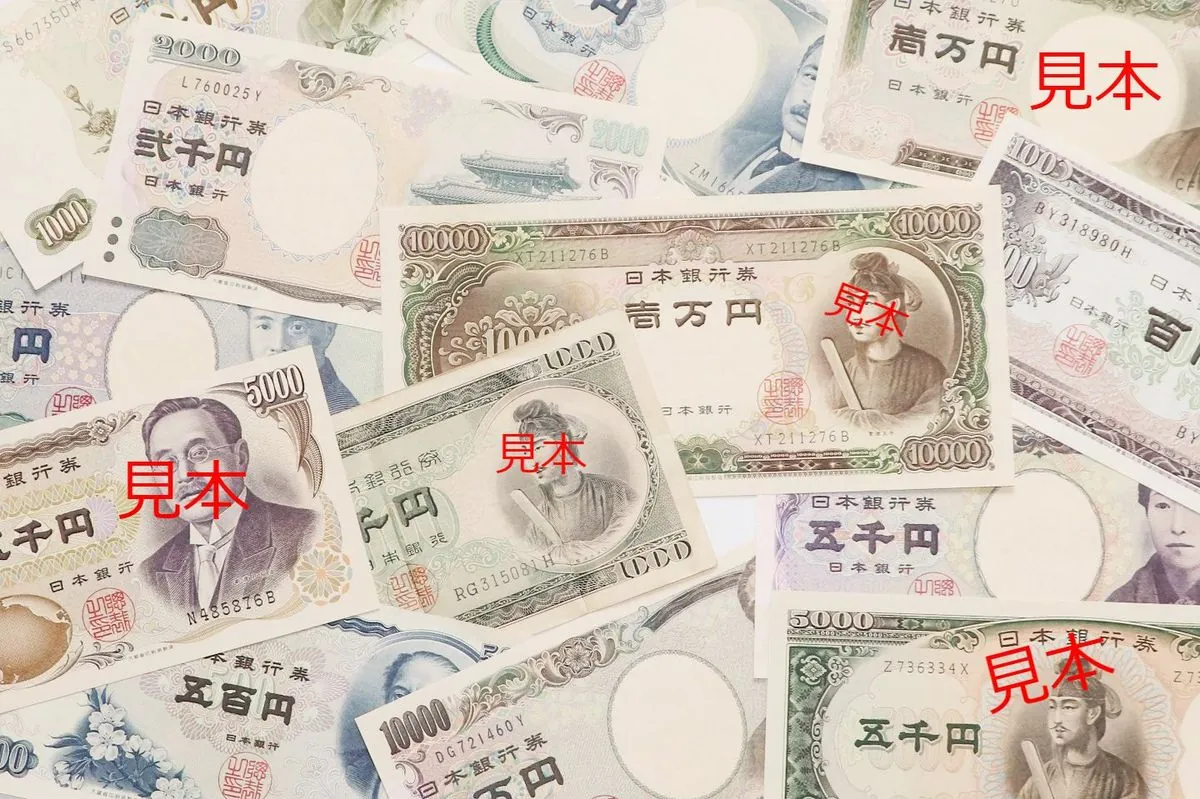Japanese PM Kishida to Resign Amid Political Turmoil and Economic Woes
Japanese Prime Minister Fumio Kishida announces September resignation after a three-year term marked by scandals and economic challenges. Analysts weigh in on political uncertainty and market implications.

Fumio Kishida, Japan's Prime Minister, has declared his intention to step down in September 2024, concluding a three-year tenure fraught with political controversies and economic hurdles. This announcement, made on August 14, 2024, has sparked discussions about the future of Japanese leadership and its potential impact on the nation's economy and global standing.
Kishida's decision to resign comes amidst a backdrop of political scandals and mounting pressure to address the effects of rising inflation. His tenure, which began in October 2021, has been marked by several challenges, including the controversial ties between the Liberal Democratic Party (LDP) and the Unification Church, which gained renewed scrutiny following the assassination of former Prime Minister Shinzo Abe in July 2022.
The impending leadership change has raised concerns among market analysts about potential political instability. Shoki Omori, Chief Japan Desk Strategist at Mizuho Securities, commented on the situation:
"Political uncertainty isn't good at all, with Mr. Kishida not even raising his hand for election. The market implication is that Japanese politics is going to be foggy, and whoever the LDP premier will be, the cabinet choice is going to be very unclear and thus the policy path is going to be a mystery."
Omori further noted that risk assets, particularly equities, might be the most affected by this uncertainty, given the attention of foreign investors and the potential for significant capital flows in the markets.
The decision to step down is not entirely unexpected, according to political analysts. Michael Cucek, a professor specializing in Japanese politics at Temple University in Tokyo, pointed out that Kishida had been facing mounting challenges for some time. The public's dissatisfaction stemmed from various factors, including the LDP's connections to the Unification Church, financial scandals, and the depreciation of the yen, which exacerbated inflationary pressures.

Koichi Nakano, a political science professor at Sophia University, contextualized Kishida's decision within the broader patterns of Japanese political leadership:
"He's already passed average tenure of an LDP prime minister by serving three years. And he's not anywhere near a position to be able to say, 'I'm special, I need more time.' So he was running against the odds to begin with."
Nakano likened the situation to the expectations placed on sumo wrestling champions, emphasizing the cultural importance of not only winning but doing so with grace.
The Kishida administration's economic policies have been a point of contention. Initially focusing on wealth redistribution, the government later shifted towards expansionary measures, including the "asset income doubling plan." However, recent policy decisions, such as proposed tax cuts, have been criticized for lacking clear objectives.
Kenta Izumi, leader of the opposition Constitutional Democratic Party, highlighted the unresolved issues facing the country, stating that problems related to the Unification Church, political funding, and inflation countermeasures remain unsolved.
Despite the domestic challenges, Kishida's tenure saw strengthened ties with the United States. US Ambassador to Japan, Rahm Emanuel, praised the outgoing Prime Minister's role in fostering bilateral relations, noting that under Kishida's leadership, Japan and the United States had entered a new era of alliance.
As Japan prepares for a leadership transition, the nation faces significant economic challenges, including an aging population, low birth rates, and public debt exceeding 250% of GDP. The next prime minister will need to navigate these issues while maintaining Japan's position as the world's third-largest economy and addressing the ongoing concerns about political stability and economic growth.


































